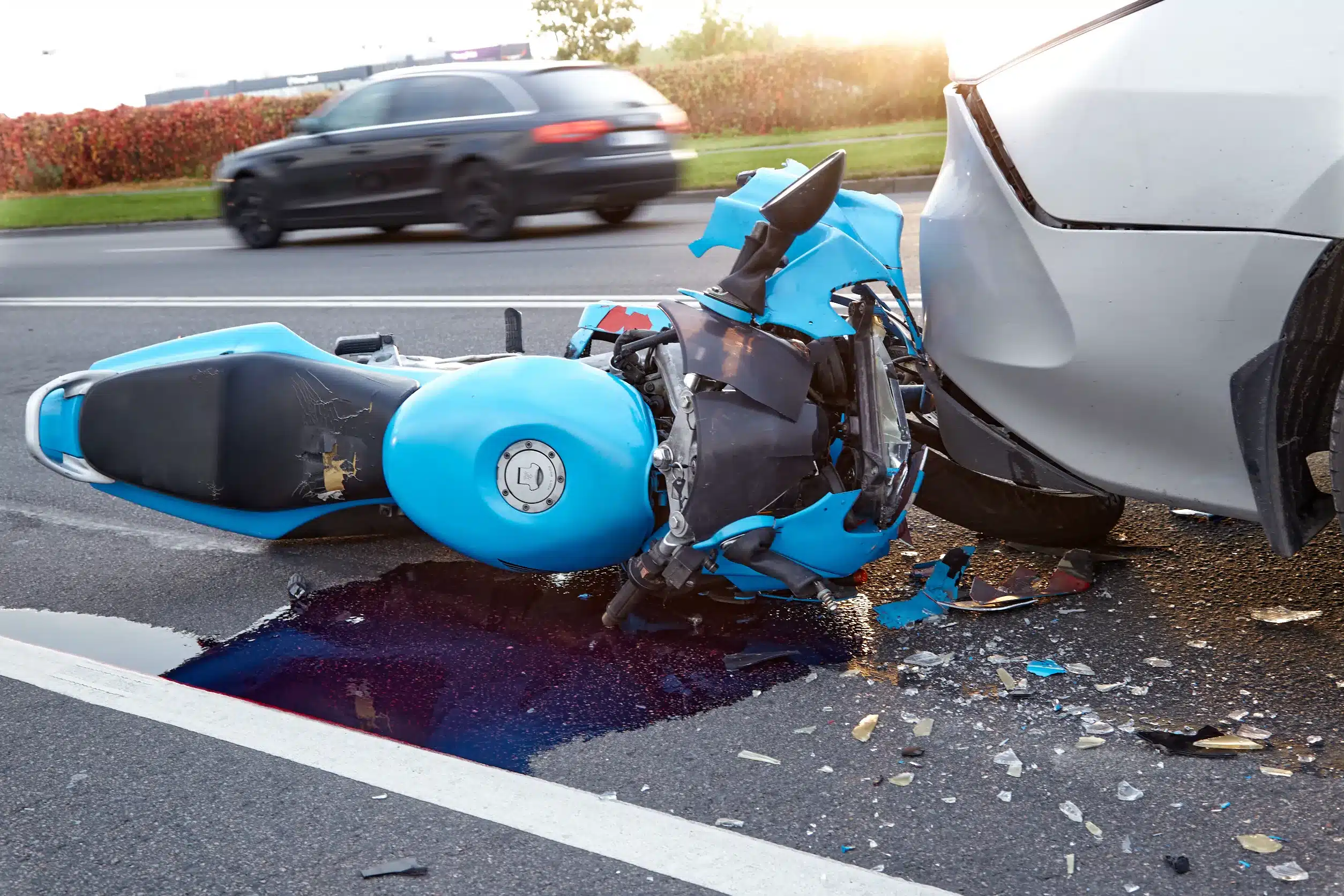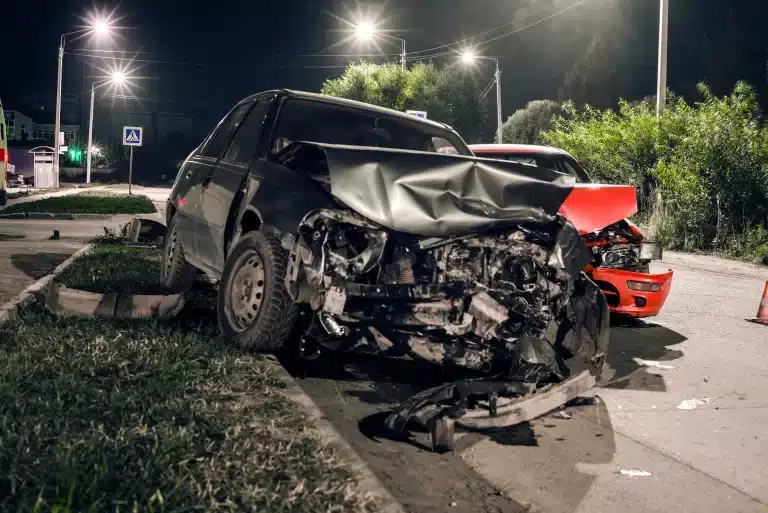Navigating the Aftermath of a Fatal Motorcycle Accident
The Aftermath of a Fatal Motorcycle Accident: A Family Guide
The loss of a loved one in a motorcycle accident is a devastating and life-altering event. Families in Florida facing this tragic situation must navigate a complex web of emotional, legal, and financial challenges. This guide aims to provide clear, compassionate advice for families dealing with the aftermath of a fatal motorcycle accident.
The Emotional Impact of Wrongful Death
The first and often most overwhelming aspect is the emotional toll. Grieving families might experience:
- Shock and disbelief
- Deep sadness or depression
- Anger and frustration
- Guilt or regret
It’s crucial to acknowledge these feelings as a natural part of the grieving process. Seeking support from a counselor or a support group can be incredibly beneficial during this time.
Steps to Take After a Catastrophic Motorcycle Accident
In the immediate aftermath of the accident, there are several important steps to take:
- Contact Authorities: It’s imperative to report the accident to the police immediately. The police report is a critical document for any legal proceedings, as it provides an official record of the incident.
- Gather Information: Collecting comprehensive information at the accident scene is vital. This includes taking photos of the accident site, noting down environmental conditions, gathering contact information of witnesses, and exchanging details with other parties involved.
- Notify the Insurance Company: Inform your insurance company about the accident as soon as possible. Be cautious in your communication and avoid making any definitive statements or accepting blame until you have legal guidance.
- Secure the Motorcycle and Personal Belongings: Ensure that the motorcycle and any personal belongings of the deceased at the scene are secured, including any motorcycle safety gear. These might be important for both investigation and sentimental reasons.
- Keep Records: Start keeping detailed records of all related expenses, including medical bills, funeral costs, and any other expenses incurred due to the accident. This documentation will be important for any insurance claims or legal proceedings.
Legal Considerations
When you feel ready, it’s important to consider the legal aspects of a fatal motorcycle accident in Florida, as the laws can be intricate and multifaceted. Understanding these legalities is crucial in ensuring your rights and interests are adequately protected. Here’s an expanded overview:
- Wrongful Death Claims: In Florida, certain family members, such as spouses, children, or parents, as well as the estate of the deceased, have the right to file a wrongful death claim. These claims can provide compensation for various damages including medical expenses incurred prior to death, funeral and burial costs, loss of the deceased’s future income, and loss of companionship and support.
- Statute of Limitations: It’s crucial to be aware of the time frame for filing a wrongful death claim in Florida. Generally, the statute of limitations is two years from the date of the accident. Failing to file within this period can result in losing the right to claim compensation.
- Determining Liability: Identifying who is at fault in a fatal motorcycle accident is a key component. Liability could lie with another driver if their negligence caused the accident. However, there are other potential sources of liability, such as a motorcycle manufacturer for defective parts, or a government entity if unsafe road conditions contributed to the accident. Thorough investigation and evidence collection are necessary to establish liability.
- Potential Damages: In wrongful death claims, the types of compensation that can be pursued include not just tangible losses like income and medical expenses, but also intangible losses such as pain and suffering experienced by the deceased before death, and the emotional impact on family members.
- Navigating Insurance Claims: Dealing with insurance companies can be complex, especially when determining the coverage of the policies involved. An experienced attorney can help in negotiating with insurance companies to ensure fair compensation.
Handling the Estate and Personal Affairs of a Loved One
When a loved one passes away in a motorcycle accident without leaving a will, managing their estate becomes a more complex process. Understanding and navigating through these intricacies is crucial for family members. Here are expanded details on how to handle this situation:
- Probate Process: The probate process in Florida involves legally transferring the deceased’s assets to their heirs. This process is overseen by a probate court. If there’s no will, the court will appoint a personal representative, often a close family member, to manage the estate. This representative is responsible for identifying and gathering the deceased’s assets, paying debts and taxes, and distributing the remaining assets according to Florida’s intestacy laws.
- Managing Assets and Debts: The personal representative has the task of identifying all assets, such as property, bank accounts, and personal belongings, and evaluating their value. They must also identify any debts or liabilities owed by the deceased, including medical bills, credit card debts, and loans.
- Understanding Intestacy Laws: In cases where there is no will, Florida’s intestacy laws will determine how the assets are distributed. Generally, these laws favor spouses and children, but if neither exists, the estate may go to other relatives such as parents or siblings.
- Handling Real Estate: If the deceased owned real estate, this can add another layer of complexity. Real estate might need to be sold to pay debts or distributed among heirs, which requires understanding the legal procedures involved.
Florida Civil Counsel, P.A.: Helping You Navigate the Wrongful Death Process
Facing the aftermath of a fatal motorcycle accident in Florida is an emotionally and legally challenging journey. This guide aims to offer clarity and support during this difficult time. Prioritize emotional well-being, and consider legal assistance to navigate the complex steps ahead. Although the road to healing is long, understanding your rights and the necessary actions can provide a sense of direction and help honor your loved one’s memory.






